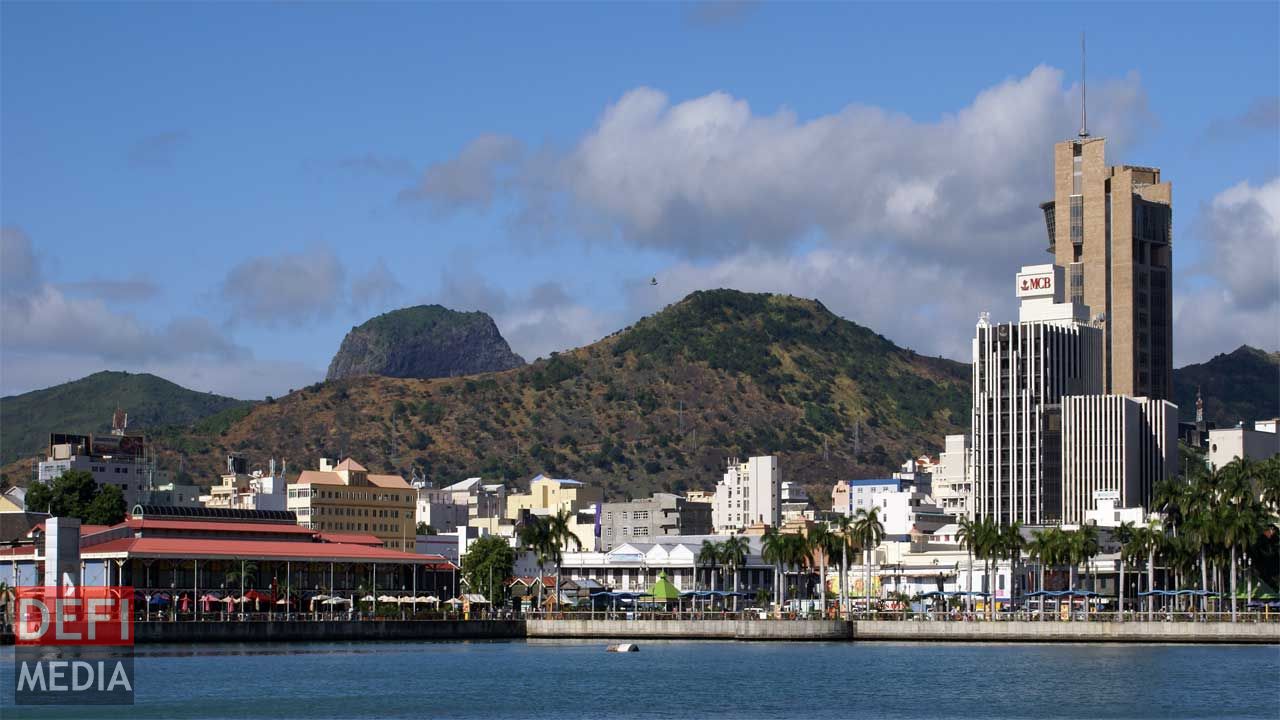
La majorité des analystes anticipent un déclin du marché indien et des difficultés pour développer le marché de structuration des dettes en Afrique.
Publicité
1. Selon vous, le poids du salaire minimum dans les difficultés des usines textiles est...
Le salaire minimum, source de difficulté

Pour 73% des sondés, le salaire minimum est responsable de manière sensible, voire conséquente, des difficultés actuelles des usines textiles. Il est vrai que « difficulties have preceded the introduction of the minimum salary », et que « we should not associate mismanagement and high gearing with the minimum wage ». Toujours est-il que « the biggest challenge has been rising unit labour costs, which is why firms were hiring Bangladesh people. The world of textile is competitive, so robotics and economies of scale are challenges. In this context, any measure to push labour costs can only lead to job losses. » Dès lors, « lack of investments in Artificial Intelligence is the major reason ».
2. D’après vous, le plus gros problème chez Air Mauritius est...
Une gestion sous influence politique
| La Concurrence | 3% |
| Les Coûts financiers | 3% |
| La Gestion | 47% |
| L’interférence politique | 47% |
La gestion et l’interférence politique sont les deux plus gros problèmes d’Air Mauritius, estiment les analystes. Il se trouve que « both management and political interference are intertwined in an organisation where cronies (who are not necessarily qualified or experienced) can be placed by the governing party ». Certes, « airlines are struggling almost everywhere in the world » et « several factors are exerting pressures on the financial performance of the national carrier such as competition and rising cost. However, many of these should have been foreseen, which undercores management issues partly linked to political influence. » De plus, « the national airline has been forced to fly some routes that are not profitable », comme les « loss-making flights to Mozambique and the Changi Air Corridor ».
3. Face aux turbulences sur les principaux marchés émetteurs, êtes-vous inquiet pour le tourisme cette année ?
L’inquiétude gagne le tourisme
| TRÈS inquiet | 7% |
| ASSEZ inquiet | 77% |
| NON | 17% |
Si notre ministre du Tourisme se dit « très inquiet » de son secteur, 77% des sondés sont « assez inquiets ». Mais ils partagent les mêmes appréhensions : « The economic events (Brexit, yellow vests) that are breeding uncertainty in our main tourism markets (UK and France) can deal a blow to the sector, especially in the absence of meaningful measures to diversify the tourism market. » De plus, « the worsening of the global economic landscape and uncertainties in key markets are likely to act as a drag on the performance of the sector this year. Already, we are witnessing a downturn in arrivals as gauged by a drop of some 2% when excluding cruises, while the relative strength of the rupee could also weigh in the balance. » Sans compter que « Mauritius is becoming expensive ».
4. Pour vous, l’avenir du secteur offshore est…
Le secteur offshore en mauvaise posture

Deux tiers des sondés voient un avenir sombre pour l’offshore mauricien après le 1er avril 2019, date de l’entrée en vigueur des nouvelles dispositions du traité fiscal entre l’Inde et Maurice. Car, « as of date, there is no clear plan to diversify away from the India market on which the sector is highly dependent. The India market is likely to suffer from the imminent lapse of the old tax treaty and the coming into effect of the new one which gives India full taxing rights on capital gains by entities based in the Mauritius global business sector. Tax sensitive clients of the Mauritian offshore sector are likely to move away to different jurisdictions. » Sinon, certains espèrent encore que « le secteur va s’adapter et être plus résilient avec plus d’opportunités sur d’autres marchés ».
5. Pensez-vous que l’Inde restera le premier marché de l’offshore mauricien d’ici à 3 ans ?
De l’Inde à l’Afrique

D’ici à trois ans, l’Inde ne sera plus le premier marché de l’offshore mauricien, selon 57% des sondés. Ils pensent que « with the new tax treaty and the possibility of India setting up its Gujarat Financial Centre, the India market is likely to fade for Mauritius. The challenge will be to replace it with the African market (i.e investors from the United States, Europe, India and China who invest in Africa through Mauritius). Even if this is realised, it is questionable whether the revenue would match the India market prior to tax treaty change. » Pour l’instant, « Africa flows are coming but not sufficient ». L’Inde restera notre principal marché, mais « once its own Global Business Centre gets sufficient mass and expertise, Mauritius will be dropped ».
6. Selon vous, le marché de « debt structuring » pour l’offshore mauricien sera…
Difficile de structurer des dettes
| Difficile | 70% |
| Assez porteur | 27% |
| Très lucratif | 3% |
Sept analystes sur dix estiment que le marché de structuration des dettes sera un créneau difficile, et peu lucratif, pour l’offshore mauricien. D’abord, « there is no data supporting the case for debt structuring taking an increasing importance ». Ensuite, « banks in Mauritius are too small, having relatively low capital, to provide funding to the multinationals and large corporates ». Et puis, « l’offshore mauricien a aujourd’hui peu de compétences pour les activités à valeur ajoutée ». Pour les optimistes, « this segment represents an interesting avenue for growth considering that we still have a fiscal edge (in terms of withholding tax on interests) over the main jurisdictions, notably Singapore ».
7. Existe-t-il un lien direct entre l’épargne et le taux d’intérêt ?
Le couple épargne-intérêt

Prenant le contre-pied du second gouverneur adjoint de la Banque de Maurice, sept sondés sur dix croient en un lien direct entre l’épargne et le taux d’intérêt. À savoir que « a higher interest rate encourages people to save and not to consume ». À preuve, « there was significant interest in the Jubilee bonds (which paid a higher interest rate) last year ». Si « in practice the link is very weak », alors « what is more important is disposable income. If after paying for utilities, rent and necessities there is money left in a household, then people will put money aside for rainy days. However, the perception that inflation will rise will encourage consumption instead of savings. »
8. D’après vous, les élections générales se tiendront cette année au...
Les élections après le budget
| DEUXIÈME trimestre | 0% |
| TROISIÈME trimestre | 13% |
| QUATRIÈME trimestre | 87% |
Les analystes sont unanimes à prévoir les élections générales après la présentation du budget national, plus précisément au dernier trimestre de l’année selon 87% d’entre eux. Ce sera au début du quatrième trimestre selon certains, sinon en décembre, car « there is still some milk in the cow! Nine months of milking will pay for a few votes. ». Pour d’autres « the current government is likely to try capitalising on Pravind Jugnauth’s recent wins (Privy Council and Chagos) before the press comes up with new scandals on current members of the governing parties. He will therefore opt for the third quarter ».
Enquête réalisée par PluriConseil du 11 au 14 mars 2019 auprès d’un échantillon représentatif de 30 analystes économiques et financiers.

Notre service WhatsApp. Vous êtes témoins d`un événement d`actualité ou d`une scène insolite? Envoyez-nous vos photos ou vidéos sur le 5 259 82 00 !















![[Info Soirée] : «Se enn moman kot tou la fami dekonekte ar portab ek rezo sosyo»](https://defimedia.info/sites/default/files/styles/square_thumbnail/public/thumbnail_200425.jpg?itok=6Z6bF_6Y)





